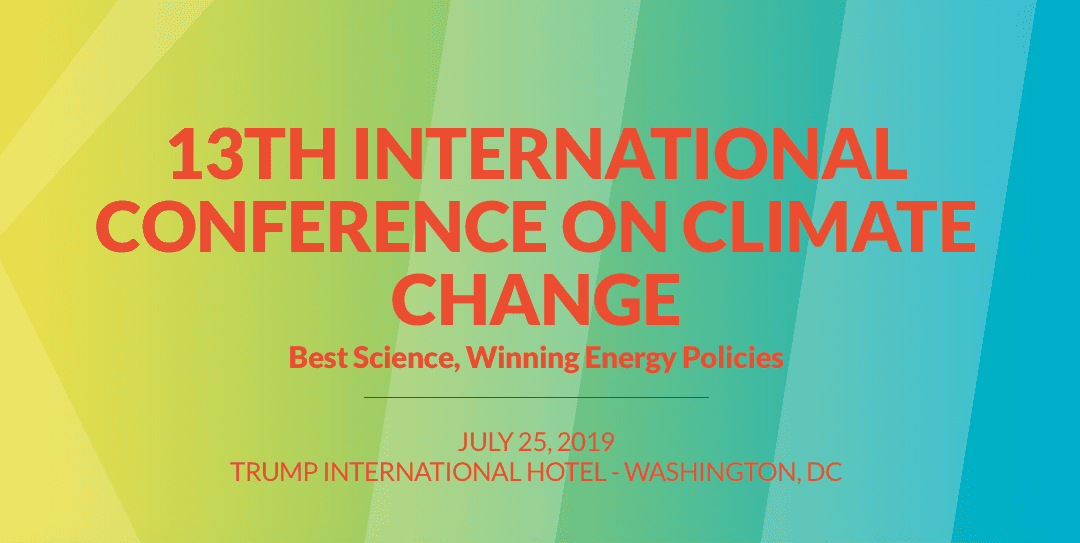The Heartland Institute, a public policy organization and free-market think tank, will be holding its 13th Annual International Conference on Climate Change on July 25, 2019, in Washington, D.C.
The conference will host researchers and speakers with the goal of informing our governing officials, policymakers, and the public about the reality behind climate change during the current “global warming scare.”





